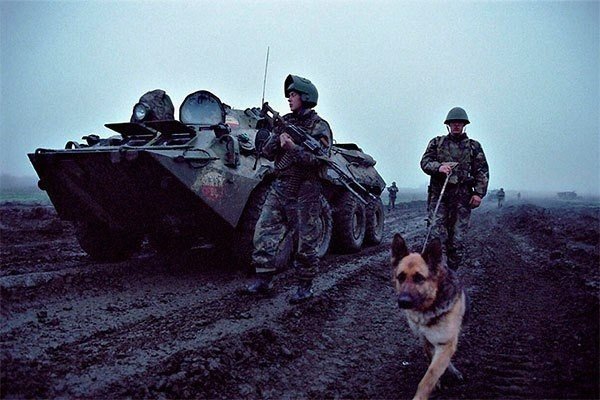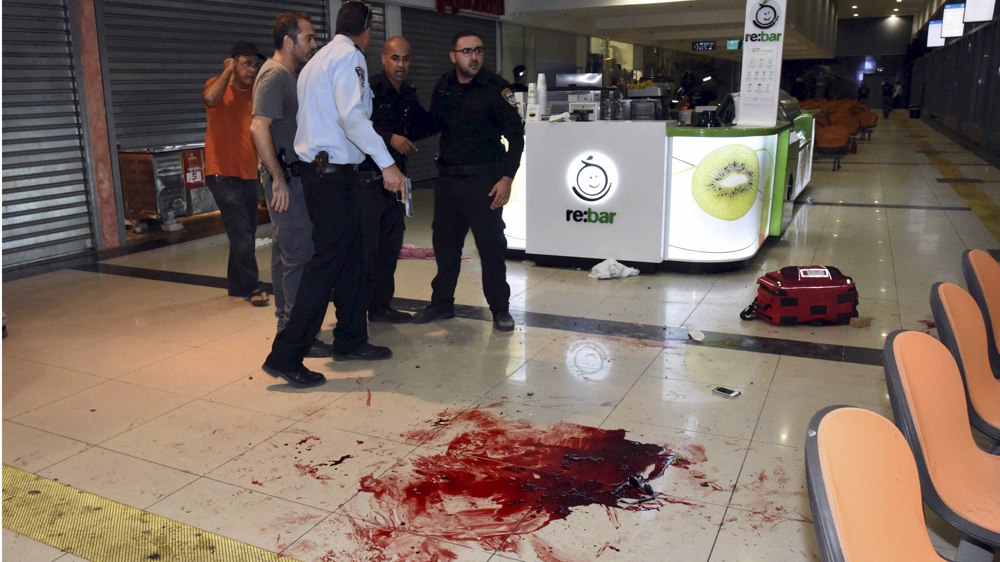
The New Reality of Commodity and Energy Markets
27-28 October 2022 Baku hosted the 15th anniversary meeting of the Verona Eurasian Economic Forum. For the first time this forum was held outside the Apennine Peninsula, and in Baku. Politicians took part in the Forum, businessmen, experts from 30 countries of the world. Greetings to the participants of the event were sent by the President of the Russian Federation Vladimir Putin. He emphasized the importance of discussing problems in the "Verona format", which has become an international platform for serious, meaningful conversation. “... Russia, for its part, will continue to make active efforts, aimed at the formation in Greater Eurasia of the all-continental space of the world, stability and prosperity. I'm sure, that the discussion in the "Verona format" of the situation that is developing in the world and Eurasia will allow not only to comprehensively feel the realities of today, but look into the future, determine the goals and prospects for building a new balanced and equal model of relations between states and various integration associations of Greater Eurasia", says the greeting.
Deputy Prime Minister of the Republic of Azerbaijan Shahin Mustafayev spoke at the opening of the forum, Deputy Prime Minister of the Russian Federation Alexei Overchuk, Minister of Economic Development of Russia Maxim Reshetnikov, Minister of Economy of Azerbaijan Mikhail Jabbarov, President of the Association “Getting to know Eurasia” Professor Antonio Fallico. As Alexey Overchuk emphasized in his speech, despite unprecedented economic and political pressure, Russia did not sink into stagnation, like many western countries. Russian GDP in 2022 year will be reduced by only 2,4%, at 2023 year - at 0,8%, as early as 2024 and 2025 growth is expected 2,6%. Inflation forecast lowered from 18 to 12,4 %, unemployment is at an all-time low. At the same time, the economic orientation of Russia is changing from the East-West model to the North-South model., that is, now we no longer consider ourselves as the East, but as the North of the Eurasian continent”.
The business program of the forum began with two special sessions: "The New Reality of Commodity and Energy Markets", and “Azerbaijan is a major hub of Eurasian economic cooperation, and its prospects in relations with the EAEU”. "We all understand, that "kidnapping", a, in fact, the economic murder of Europe is just an attempt to maximize the period of American hegemony. However, a new historical stage will inevitably come and will be associated with the development of cross-border corridors, implementation of major infrastructure and industrial joint projects, increasing role of regions in the global economy. Eurasia will become a new area of growth”, - emphasized Igor Sechin, Chief Executive Officer of PJSC NK Rosneft.
In addition to two special sessions, 8 thematic sessions, during which experts discussed: questions of a multipolar world order; the importance of natural gas as a key resource for the economy of the future; diplomacy in the modern international context in the service of interaction and cooperation; forms and chains in industrial and trade cooperation in the world, deglobalized by sanctions; the fate of humanism in the face of global challenges; financing models and payment mechanisms in a changing global context; the role of the technological revolution in the development of the future economy and security in the world; new threats to food security and ways to advance the development of the agro-industrial sector; new logistics and transport routes.
Speaking at the session "New logistics and transport routes", which discussed the development of infrastructure and service of the most promising transport routes in the Caspian region, First Deputy Prime Minister of the Russian Federation Andrey Belousov noted, that key international corridors pass through the territory of Azerbaijan today: Western Route of the North-South Corridor, Trans-Caspian International Transport Route, TRACEKA (Europe - Caucasus - Asia), routes "Persian Gulf - Black Sea" and "Lazurite Corridor". The transport hub being formed on the territory of Azerbaijan becomes the center of global supply chains of goods. “For modern Russia, the North-South route acquires a key role”. Due to the shift of the centers of economic activity to China, countries of Southeast Asia and the Persian Gulf, the historically established transport infrastructure of our country requires new logistics solutions. Route "North - South" with access to the countries of the Persian Gulf, India, China, Africa in the future can become a real competitor to the Suez Canal. The development of this corridor today to a decisive extent depends on the relationship between Russia and Azerbaijan, as well as on the relations of our countries with Iran. In accordance with the instructions of Russian President Vladimir Putin, the Government of the Russian Federation has developed and approved a detailed road map for the development of the North-South corridor, Andrey Belousov noted. - TO 2030 year, the volume of Russian cargo along the North-South corridor is expected to almost double - from the current 17 to 32 million tons. TO 2030 year, the carrying capacity of the western route of this corridor from the current 9 million tons should be increased to a level of at least 15 million tons of cargo. We see, that these figures are quite achievable. for 9 months of this year, foreign trade transportation between Russia and Azerbaijan by rail amounted to more than 5,4 million tons, What's on 57 percent higher than the same period last year. Road transport between our countries for 6 months of this year amounted to 1,5 million tons in 3 times higher than the same period last year., - said the first deputy prime minister.
Andrey Belousov outlined the main directions for the further development of the North-South corridor. "First of all, is the development of railway infrastructure. The second is the synchronization of the development of road infrastructure and checkpoints across the state border. This year, it was possible to double the throughput of checkpoints on the Russian-Azerbaijani border - up to a thousand vehicles per day. It is planned to modernize the main checkpoints with access by the end of next year to a throughput capacity of 1,7 thousands of vehicles per day, and to 2026 year - 3 thousands of vehicles per day.
Thirdly, we propose to supplement infrastructure solutions with a set of measures to minimize barriers and ensure the "seamlessness" of transportation. The issues of non-discriminatory access of participants in the transportation process to the infrastructure will become critical, freedom of transit, agreed tariff policy. Finding solutions to simplify customs procedures is important, working out the mechanism of payments and mutual settlements, insurance, digitalization and transition to electronic document management.
Fourth, would like to propose to consider the possibility of creating a joint operator of the three countries Russia - Azerbaijan - Iran on the entire western route, which will provide end-to-end transportation service and a high level of logistics services. An example of such a joint operator is UTLC, created by the Russian Railways company together with the railways of Kazakhstan and Belarus.
One of the key topics for expert discussion was the issue of using national currencies in settlements within the framework of mutual trade between the member countries of the Commonwealth: “Today we have settlements with the Republic of Azerbaijan for 65% still occur in dollars and euros, but we do not have the European Union, nor the United States are partners in our agreements; so, of course, the transition to the national currency is fully in line with the interests of the development of our two countries, what, generally, is one of the key conditions for the further development of the North-South transport corridor, the First Deputy Prime Minister of Russia summed up his speech.
Vladimir CHUSHKIN











